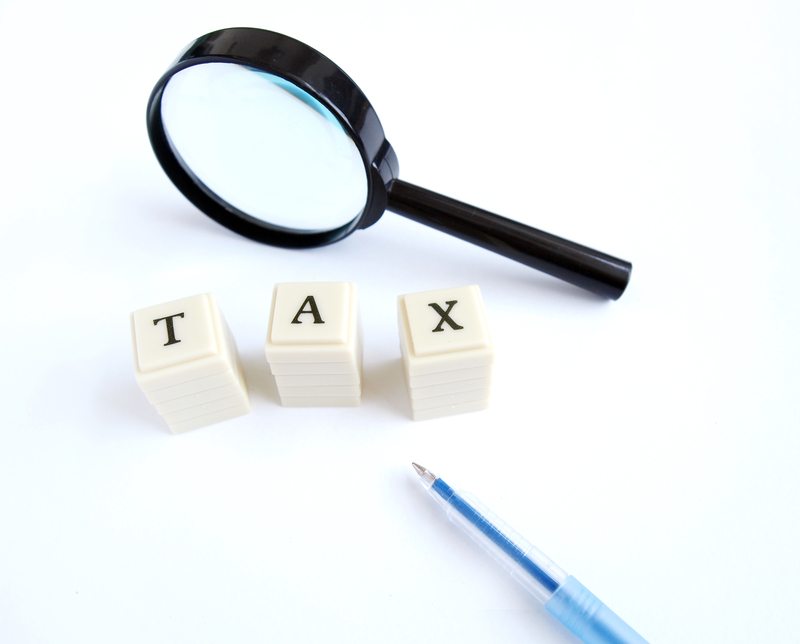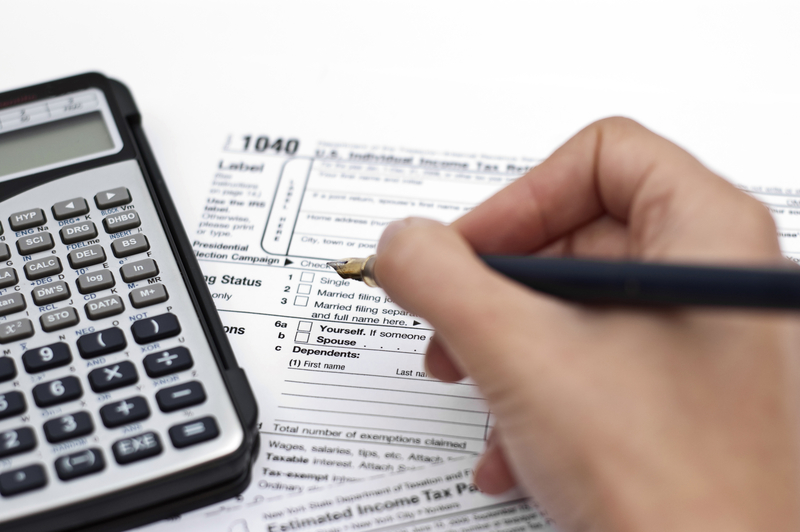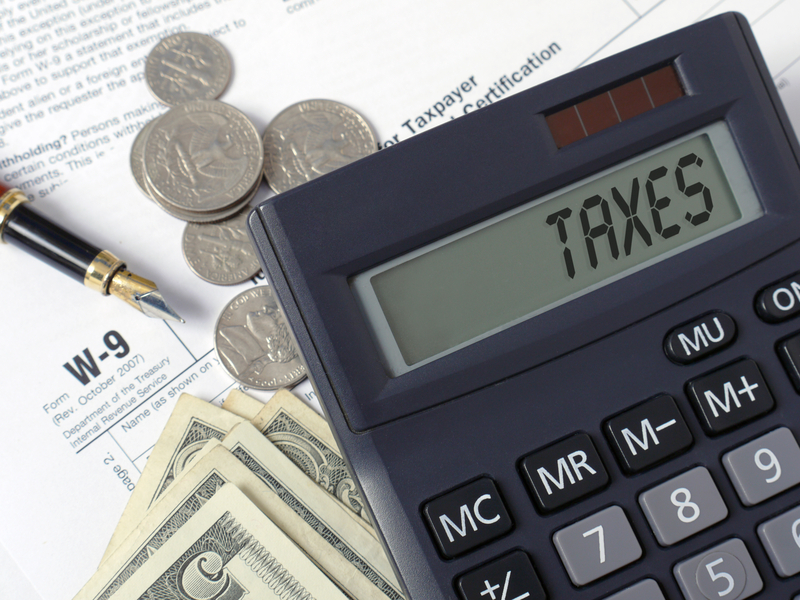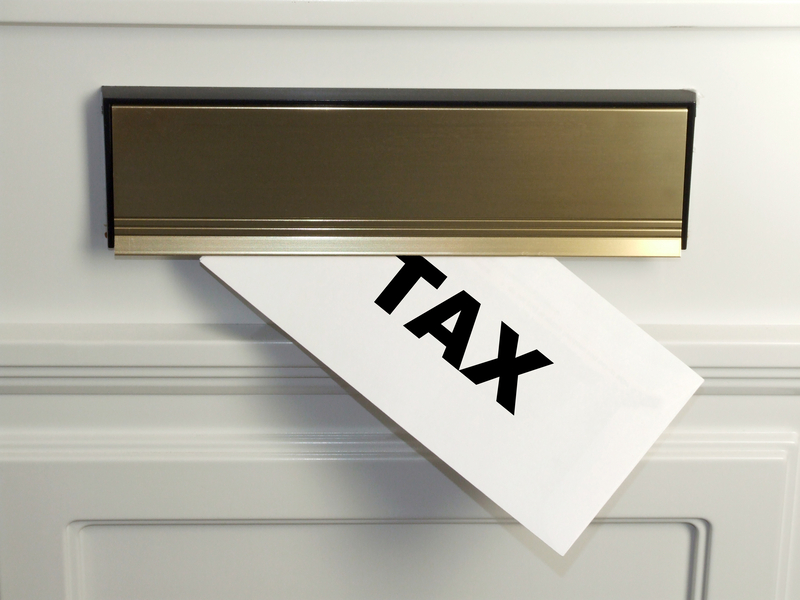The short answer to this question is yes. There is online software that is available and can assist you in filing taxes yourself. However, doing so requires having some background knowledge of tax laws and of which forms need to be filled out and submitted. When deciding to file your own business taxes, there are two options that you can choose from; utilizing business tax preparation software or filing your taxes yourself without assistance.
If you choose to file your business taxes on your own, preparation is key to doing so successfully. Make sure that you have all your records in order including your balance sheet and income statement. Always be aware of filing deadlines to ensure that your documents will be submitted on time. The most important step (and often the most confusing) is knowing which forms need to be filed.
If your business is classified as an LLC, you will most likely need to file a Form 1065, which is a form for partnerships and LLC businesses. If you are the sole proprietor for your business, the correct form would be a Schedule C (Form 1040 or 1040SR) which is used to report any losses or profits from a profession that you regularly engaged in as a means to generate income. Any independent contractors that your business uses would need to be issued 1099 forms if they earned over $600 from completed work.
However, corporations need to file a Form 1120, which is a U.S. Corporate Income Tax Return. This requires a whole new level of preparedness as corporations (and LLCs that file as corporations) need to pay out taxes on a quarterly basis. Amongst the records that you’ll need to put together are your Employer Identification Number (EIN), your total income and assets, your cost of goods sold, interest and dividends earned, and any tax deductions and credits that you intend on claiming.
Whoa! I know this may sound like a lot, but yes it can be done. Although, you can very well complete all of this yourself, if you were lost halfway through this article, it may be wise to seek assistance from an accountant or tax preparation specialist.
While hiring assistance from a tax professional may seem costly, mistakes have the potential to carry an even higher price tag. Additionally, tax professionals can sometimes save you money by discovering deductions and credits that you may have missed. They also have the capacity to review any past returns that you had previously filed, but the primary benefits of using a tax specialist are that they can save you a lot of time and spare you from much hassle.
Regardless of how you decide to file your business taxes, the most important thing is that it gets done. Although tax season can leave you overwhelmed and drowning in paperwork, once it’s all completed it will take a huge weight off your shoulders so that you can enjoy the rest of your year.









